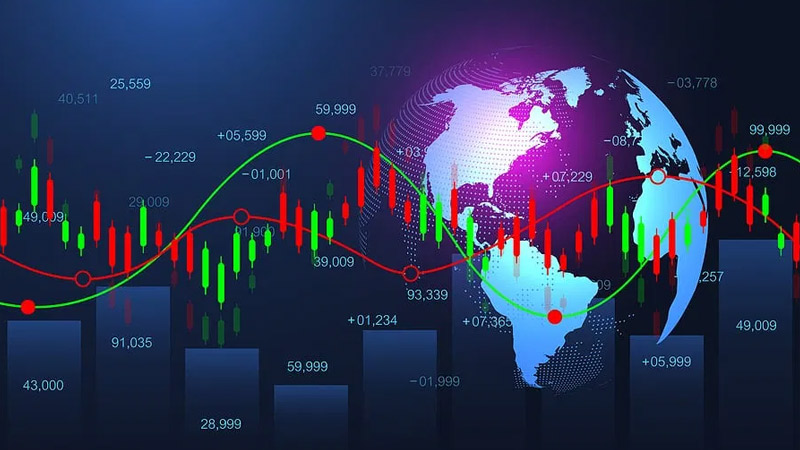
A guide to ETF investing in Switzerland
ETF investing has always been popular in Switzerland, which is home to many financial institutions and asset managers. In fact, according to the Swiss Funds and Asset Management Association (SFAMA), ETFs account for more than one-fifth of the total assets under management in the Swiss fund market as an annual average. Swiss investors have always been attracted to ETF investing for their low fees, diversification benefits, and high levels of transparency and flexibility. If you are an investor in the country who wants to get in on the action, read on to learn more about how you can do so.
What are ETFs?
ETF stands for Exchanged Traded Funds, and they are investment funds that are traded on stock exchanges in the same way that stocks are. ETFs are commonly used to track the performance of indices, such as the S&P 500 or the DAX, and they provide investors with exposure to a diversified portfolio of stocks without having to take many individual positions. ETFs can also be comprised of instruments from different asset classes, such as bonds and commodities.
How does ETF investing work?
When a trader buys an ETF, they are essentially purchasing a basket of securities in the fund. This basket may aim to replicate the performance of a specific index by being comprised of the same securities that make up the index.
For example, the DAX tracks the 40 major blue-chip German companies trading on the Frankfurt Stock Exchange. Those who want to track the performance of the DAX cannot purchase it directly as it is an index, so they can decide to purchase the DAX Germany ETF instead, which will be made up of the same 40 German companies. When the price of the DAX goes up or down, so will the DAX Germany ETF, in the same proportion. This way, the investor can invest in all the companies tracked by the DAX with a single open position in the market.
Why is ETF investing so appealing?
ETF investing is appealing to traders for a wide range of reasons. Below, we look at a few of them:
Relatively low fees
One of the first things that attract traders to ETF investing is the relatively low fees required to start investing. ETFs typically have lower fees than mutual funds, which is a type of actively managed investment fund that shares a lot of similarities with ETFs. This is because ETFs are passively managed. They track an index, and the price of the ETF depends on the market movements of the index and its price. When investors decide to purchase an ETF instead of individual stocks, bonds, or commodities, they can also save money in trade execution and clearing fees by only placing one trade, instead of multiple.
Easy portfolio diversification
As ETFs are designed to track a basket of instruments instead of any individual stock, bond, or commodity, investors can easily diversify their portfolio. This can help reduce the overall risk of trading. It can also give investors a taste of what it is like to invest in different types of instruments from different asset classes and markets.
High levels of transparency
Thirdly, ETFs and their pricing are highly transparent. This is because their holdings and performance data are publicly available for investors to view, as they are traded on exchanges the same way that stocks are. This makes it very easy for investors to see how they are performing at any time, and they can make more informed decisions when they can compare historical pricing between different ETFs.
Great flexibility in buying and selling
Finally, ETFs offer investors great flexibility in the processes of buying and selling. This is because they are traded on exchanges just like individual stocks are, and they can be traded anytime the market is open. ETFs can also be incorporated into various trading strategies including hedging and speculation.
Final words
Investing in ETFs can potentially help you reap returns. However, before investing your money, you want to make sure that the broker you work with as a Swiss trader is reputable and licensed. In Switzerland, the financial regulator is the Swiss Financial Market Supervisory Authority (FINMA). The FINMA is responsible for overseeing and regulating the operations of financial institutions in the country, and this includes banks, insurance companies, and investment firms such as brokers.
If you work with a broker that is licensed by FINMA, you can place trades and invest with greater security and peace of mind knowing your funds and information are being protected. Brokers that are licensed by FINMA are also obligated to uphold transparency in the financial market, which ensures the rates of your instruments remain competitive.
You should also remember that all forms of investing carries risk, and you should not expect guarantees of returns. Knowing this, ensure that you do your due diligence when researching ETFs to invest in and that you have a clear risk management strategy. You should also never invest with more funds than you can afford to lose.



